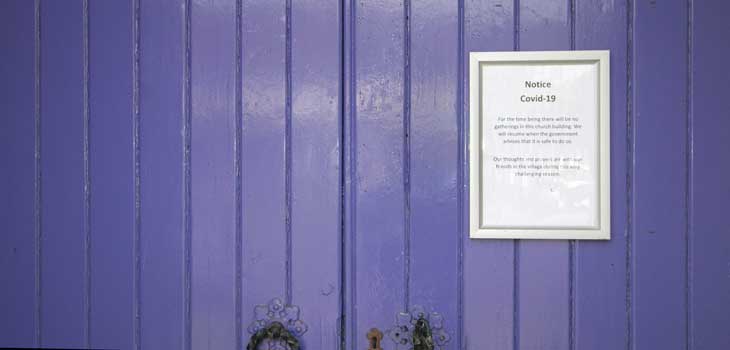
Writing in this week’s NLJ, Regan, of St John’s Chambers, said: ‘Identifying which COVID-19 deaths are unnatural―and thus require coronial investigation and inquest―is not straightforward.
‘It is likely to give rise to a number of challenges. Deaths caused by exposure in work give rise to the greatest difficulty.’
In contrast, Regan says the Lord Advocate has directed that all COVID-19 or presumed COVID-19 deaths in Scotland where the deceased might have contracted the infection at work or in a care home must be reported to the Procurator Fiscal, who performs the coronial role.










